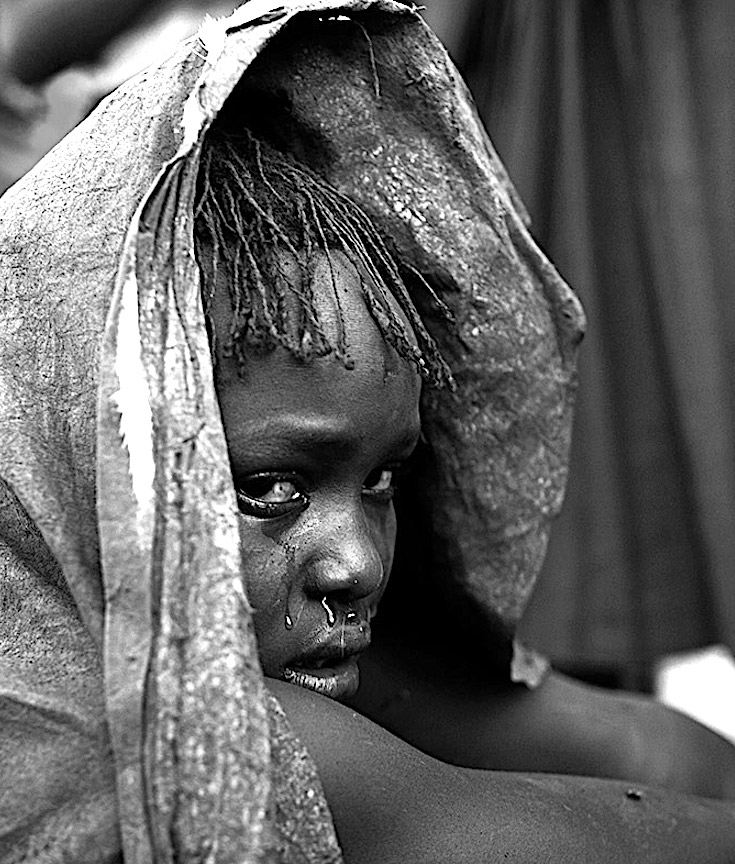A Kenyan expert pleaded with delegates at a US summit on female genital mutilation (FGM) on Friday not to waste any more time sending white men and consultants to Africa “to tell us how to stop this”.
“I am a village girl but I have a university education, I know my people, and how to reach them – we got this,” Domtila Chesang from West Pokot, told the high-level event in Washington DC, hosted by senate minority leader Harry Reid.
[mc4wp_form id=”6042″]
Speaking to the Guardian, Reid said his one regret in 34 years in Congress was that the most powerful country in the world “didn’t do more to tackle FGM”.
 Photo | Siegfried Modola/Reuters
Photo | Siegfried Modola/Reuters
 Photo | Siegfried Modola/Reuters
Photo | Siegfried Modola/Reuters
 Photo | Siegfried Modola/Reuters
Photo | Siegfried Modola/Reuters
 Photo | Siegfried Modola/Reuters
Photo | Siegfried Modola/Reuters
 Photo | Siegfried Modola/Reuters
Photo | Siegfried Modola/Reuters
 Photo | Siegfried Modola/Reuters
Photo | Siegfried Modola/Reuters
Female genital mutilation (FGM), also known as female genital cutting and female circumcision, is the ritual removal of some or all of the external female genitalia. The practice is found in Africa, Asia and the Middle East, and within communities from countries in which FGM is common. UNICEF estimated in 2016 that 200 million women in 30 countries—27 African countries, Indonesia, Iraqi Kurdistan and Yemen—had undergone the procedures.
Typically carried out by a traditional circumciser using a blade, FGM is conducted from days after birth to puberty and beyond. In half the countries for which national figures are available, most girls are cut before the age of five. Procedures differ according to the country or ethnic group. They include removal of the clitoral hood and clitoral glans; removal of the inner labia; and removal of the inner and outer labia and closure of the vulva. In this last procedure (known as infibulation), a small hole is left for the passage of urine and menstrual fluid; the vagina is opened for intercourse and opened further for childbirth.
The practice is rooted in gender inequality, attempts to control women’s sexuality, and ideas about purity, modesty and beauty. It is usually initiated and carried out by women, who see it as a source of honour, and who fear that failing to have their daughters and granddaughters cut will expose the girls to social exclusion. The health effects depend on the procedure; they can include recurrent infections, difficulty urinating and passing menstrual flow, chronic pain, the development of cysts, an inability to get pregnant, complications during childbirth, and fatal bleeding. There are no known health benefits. (Wikipedia).


You must be logged in to post a comment.